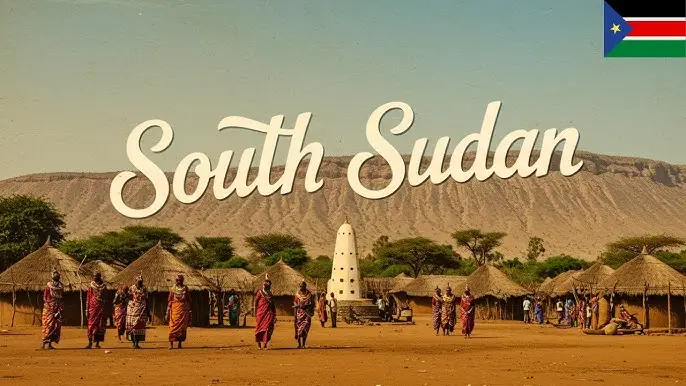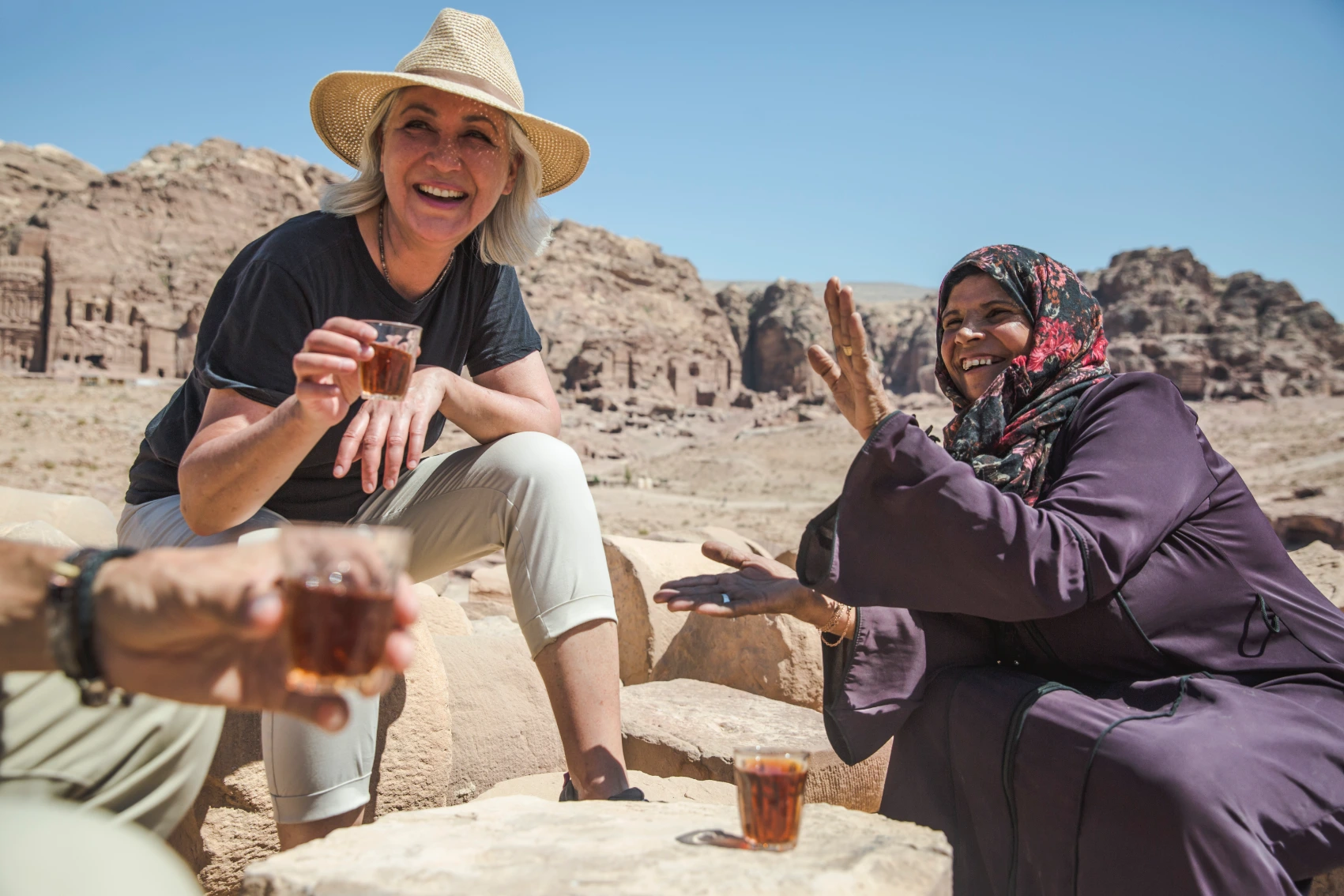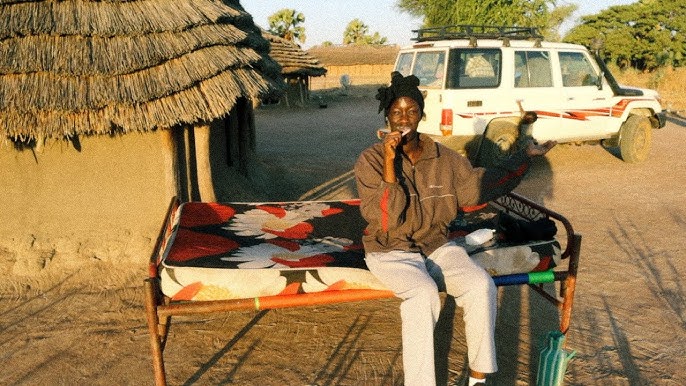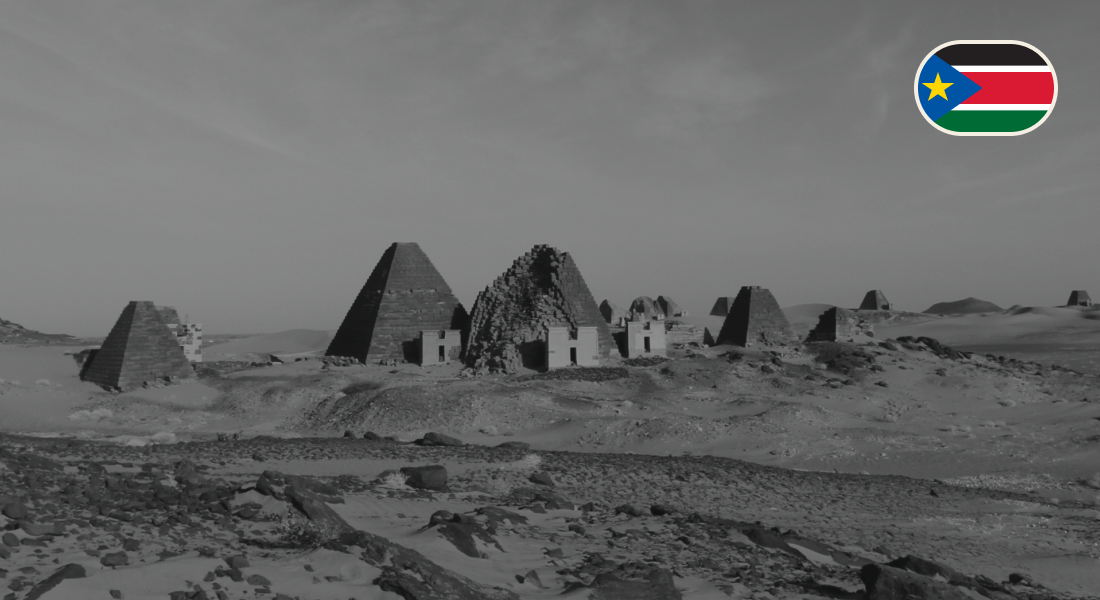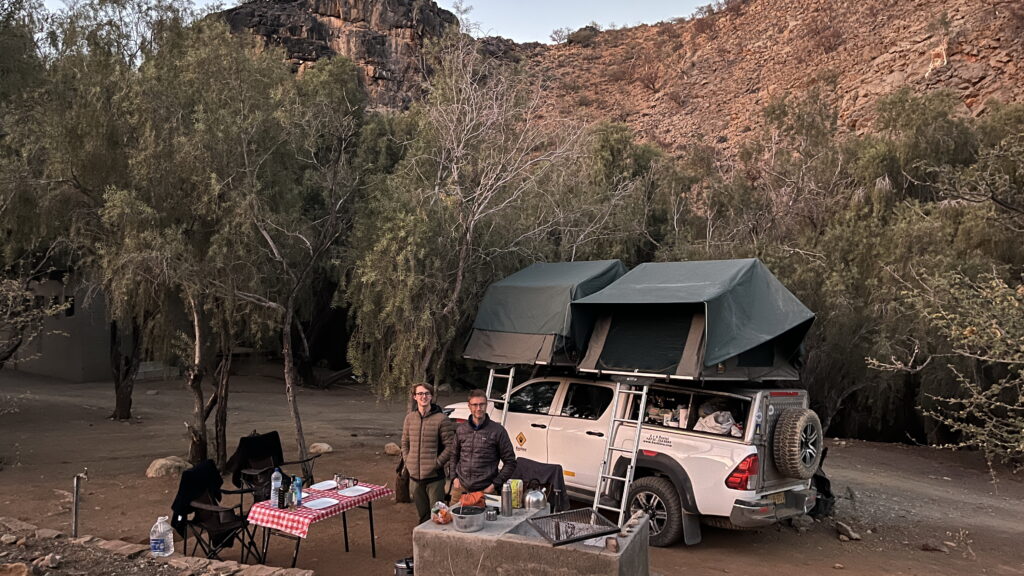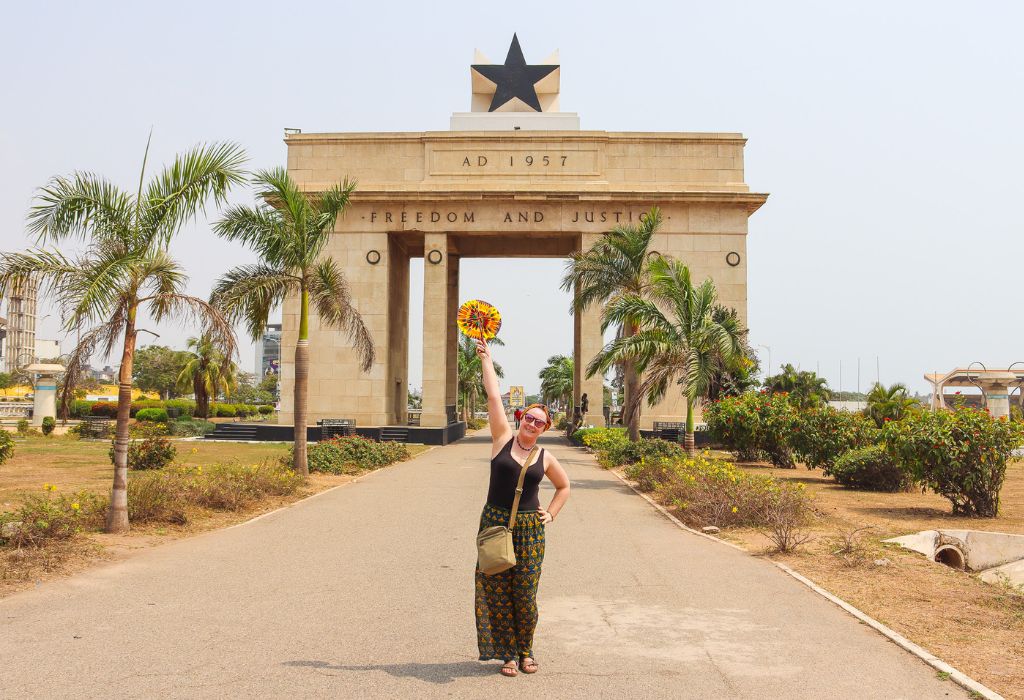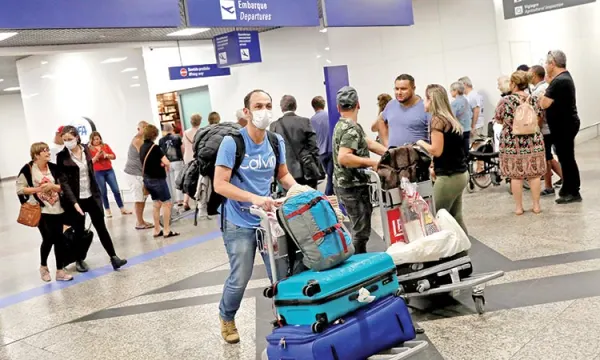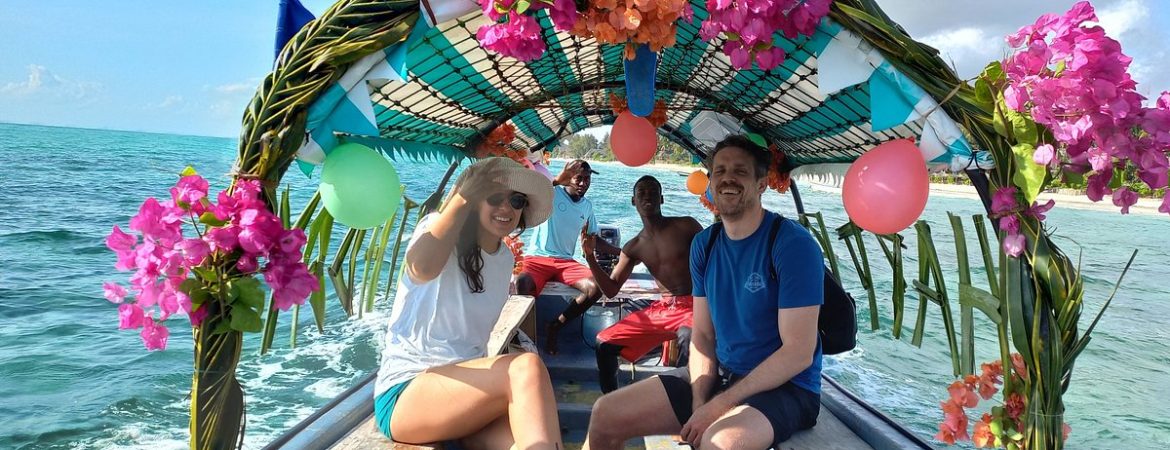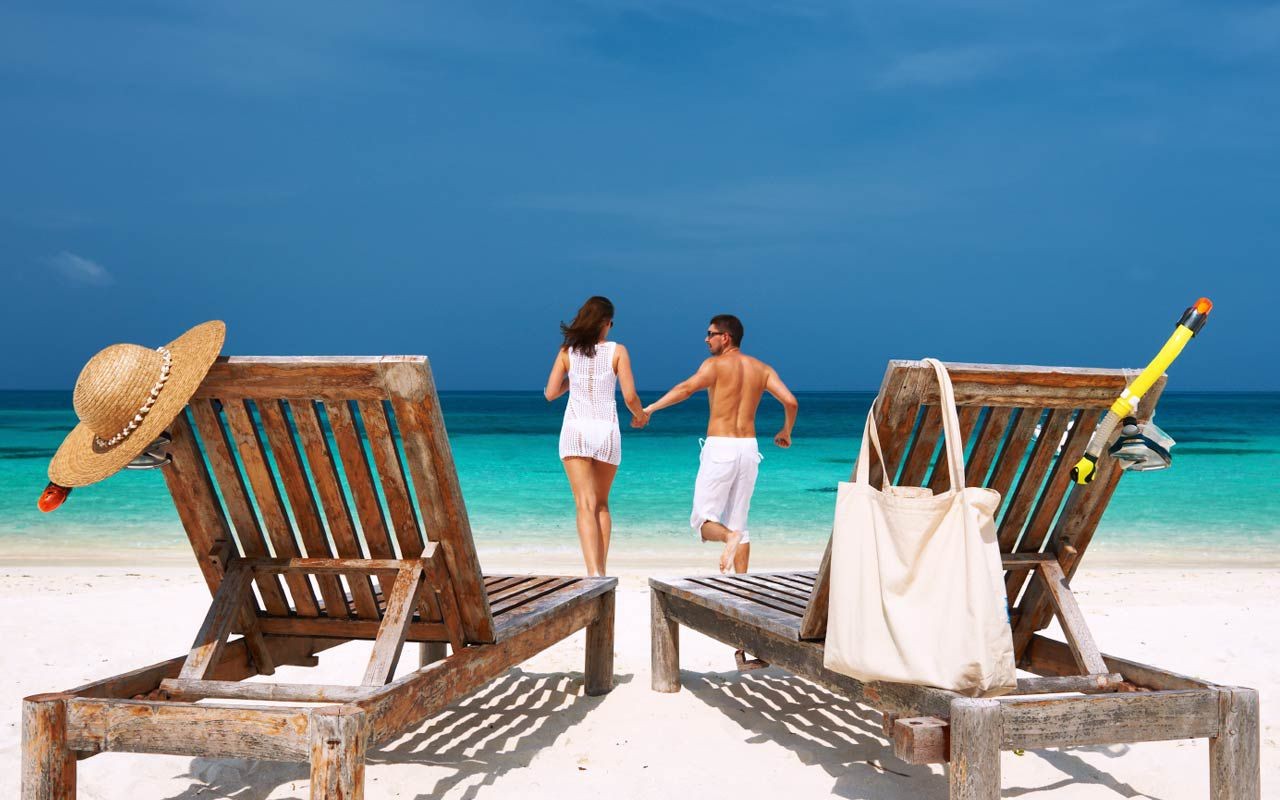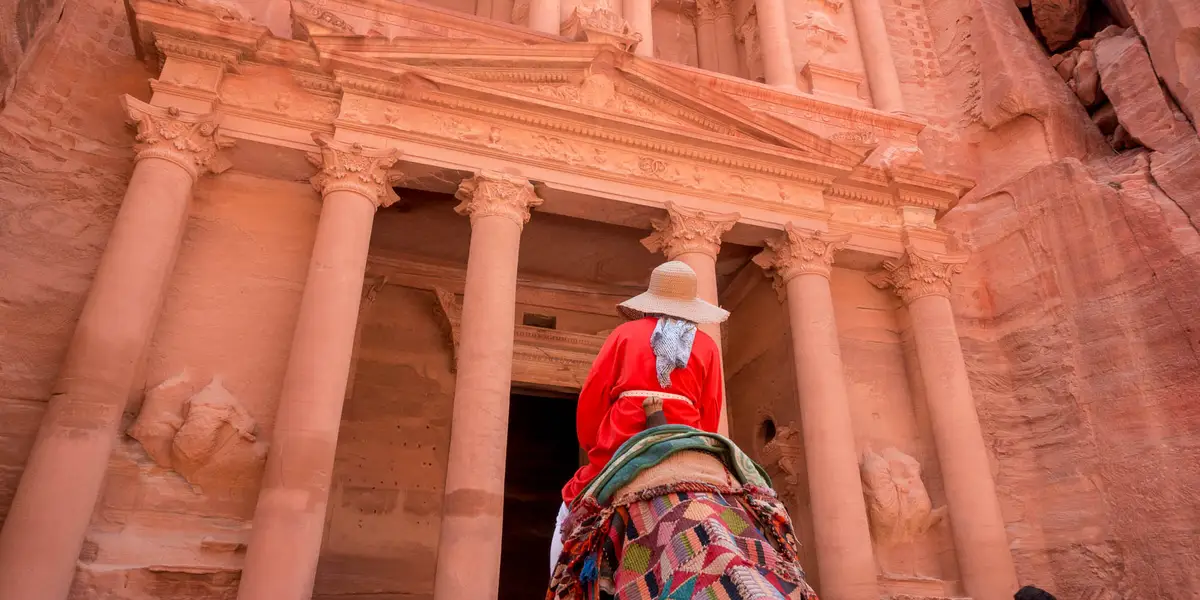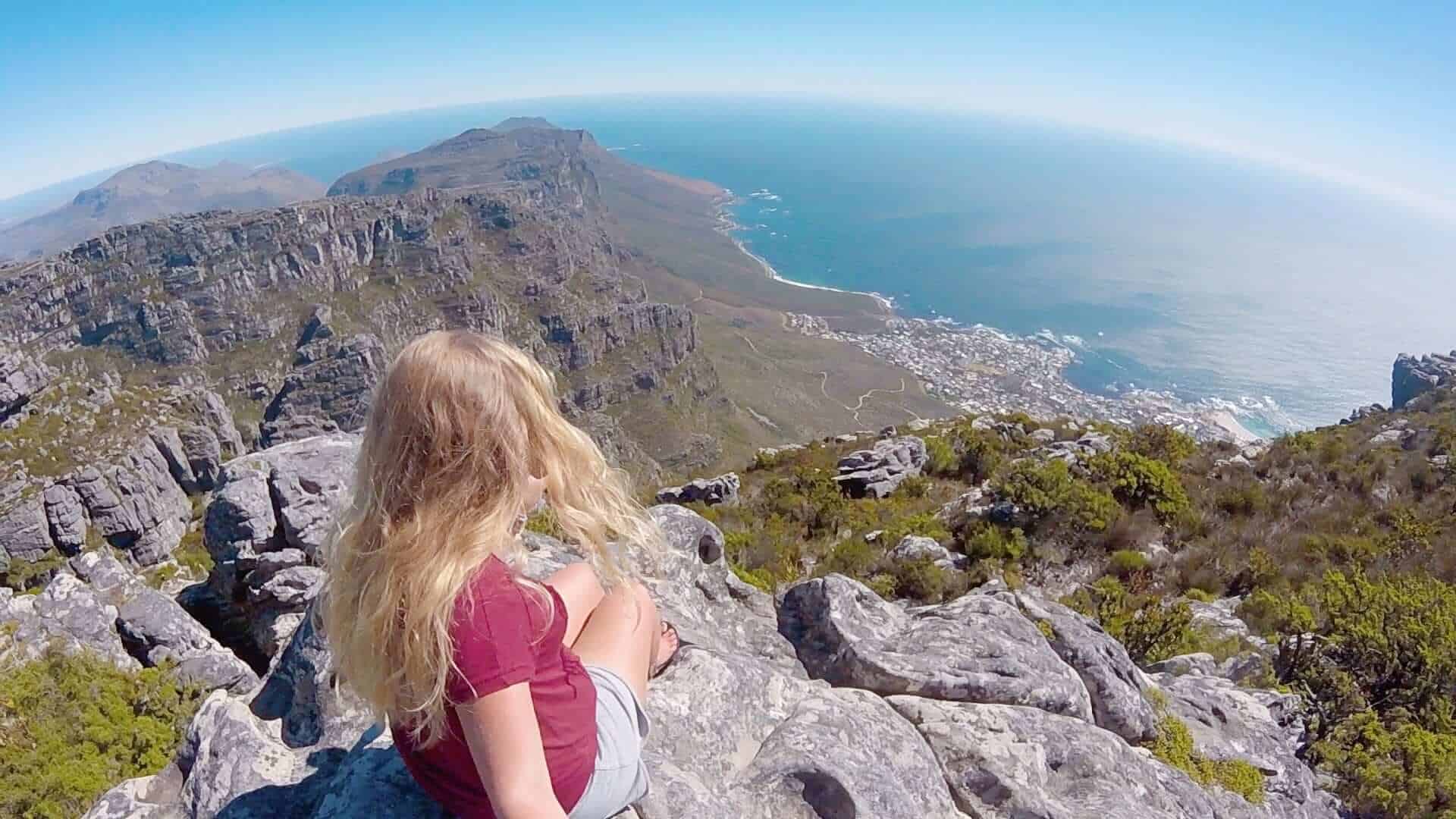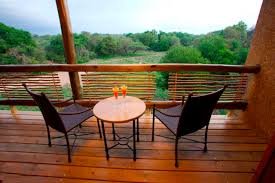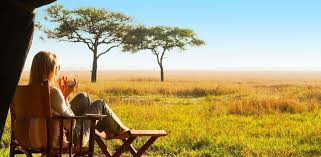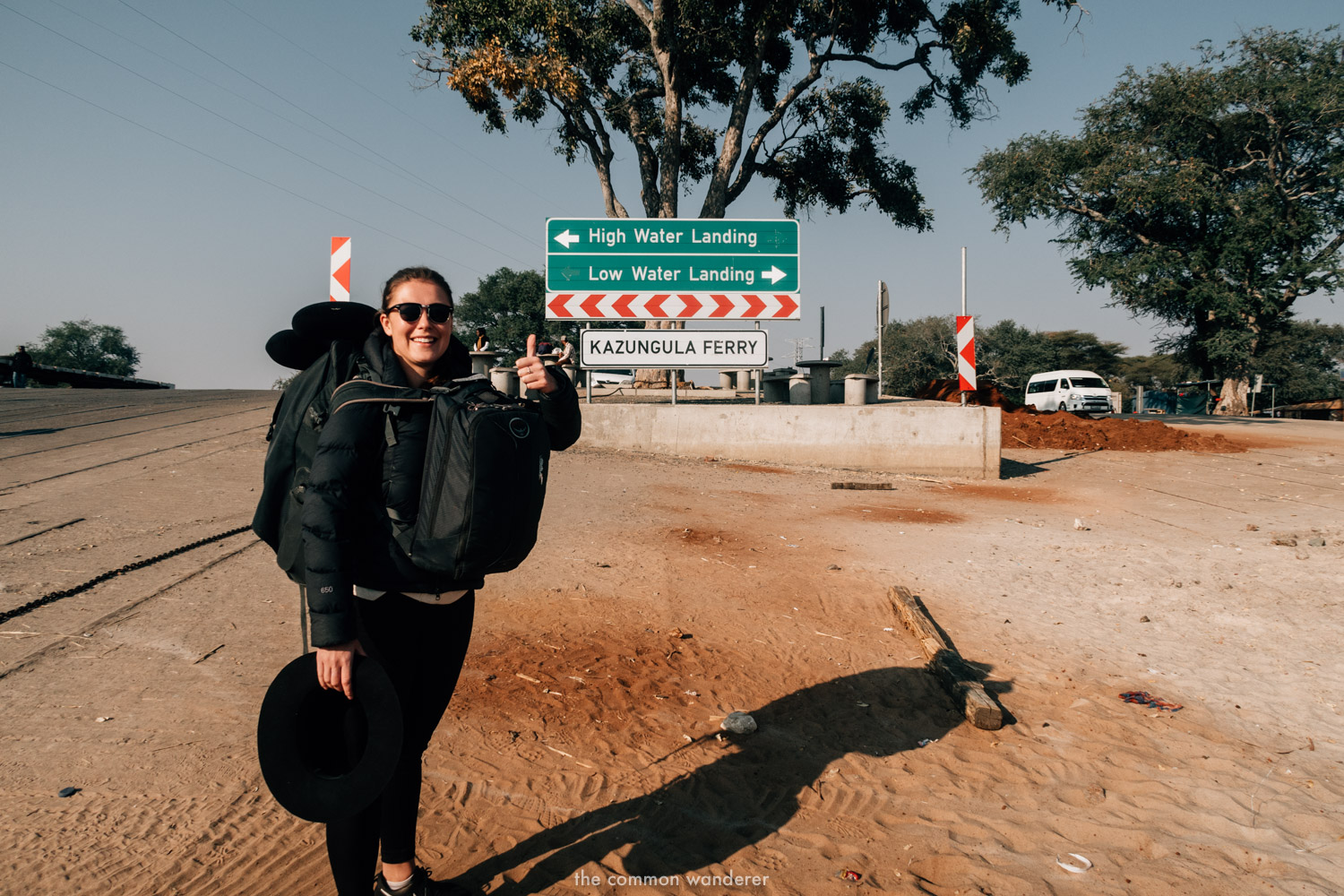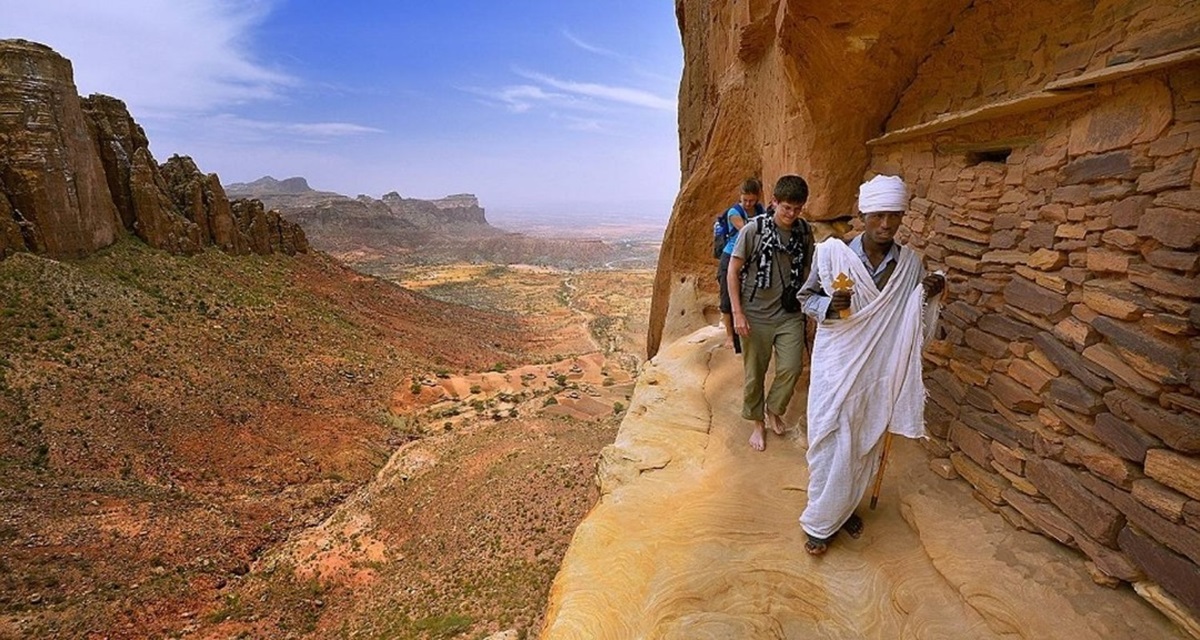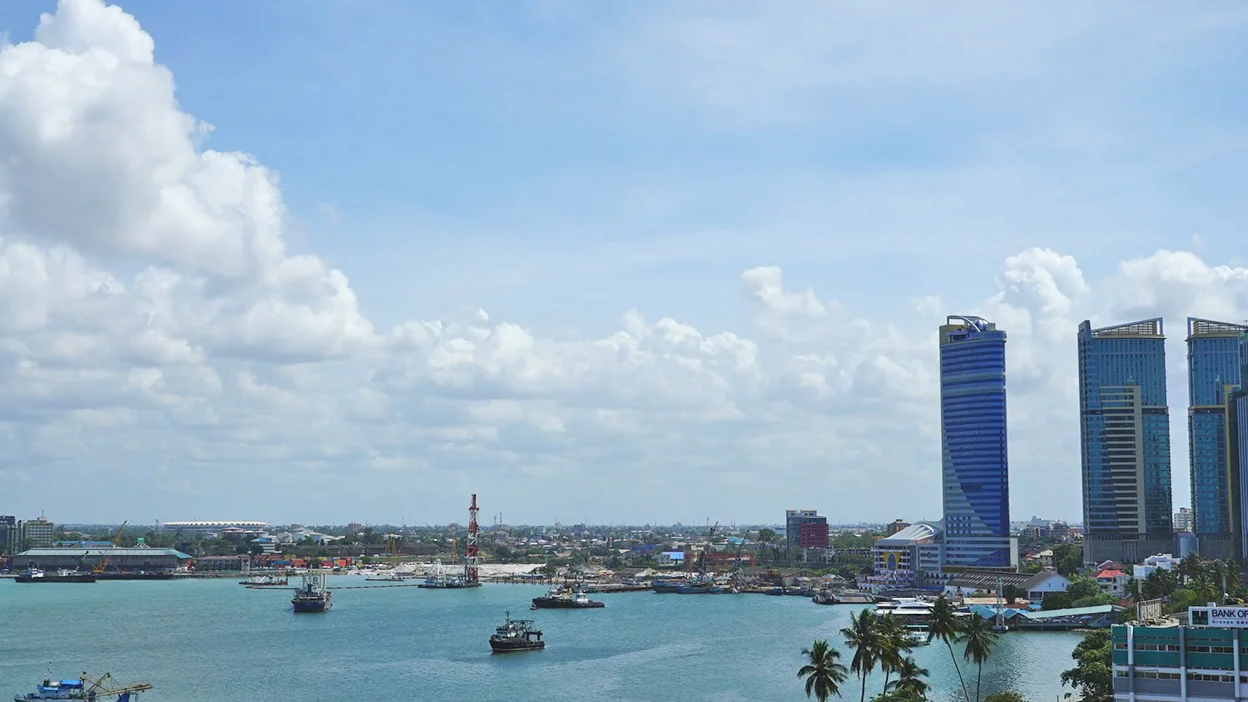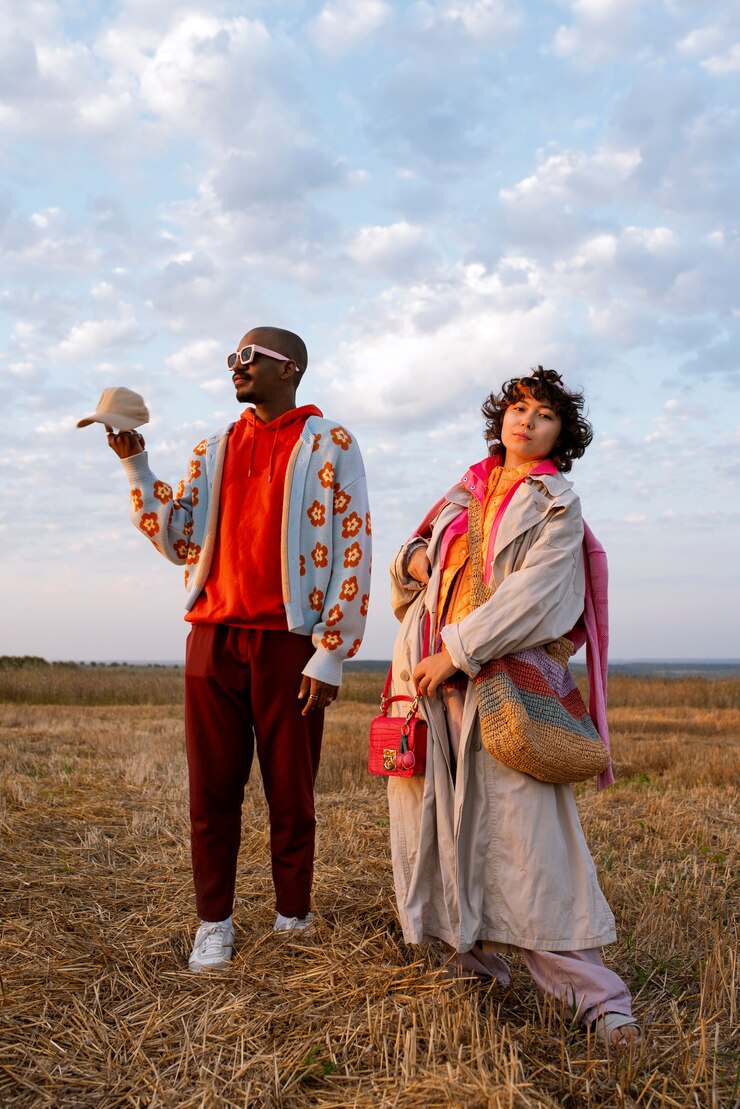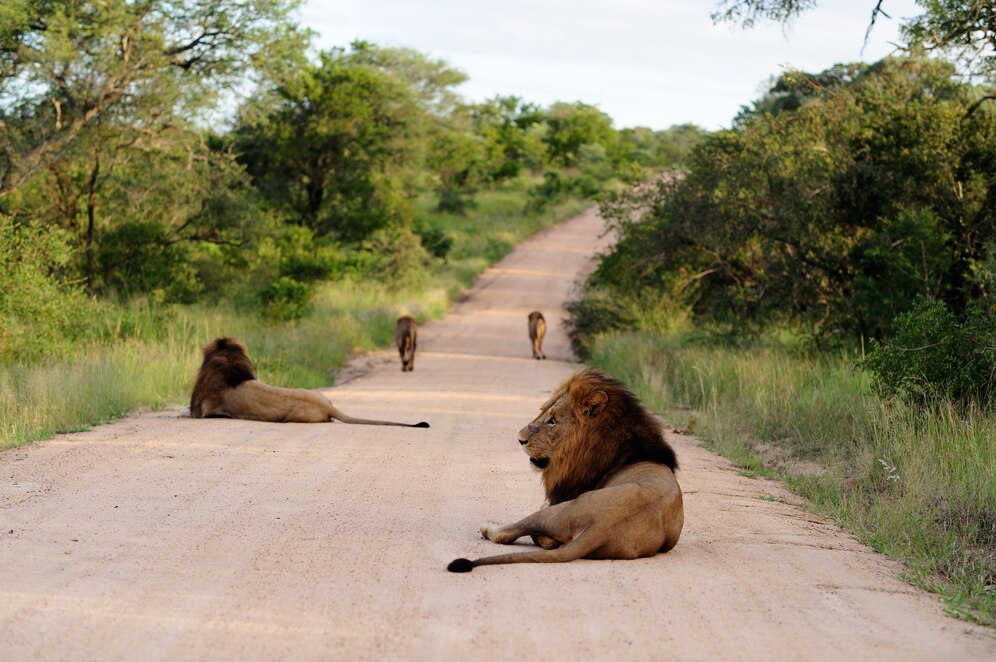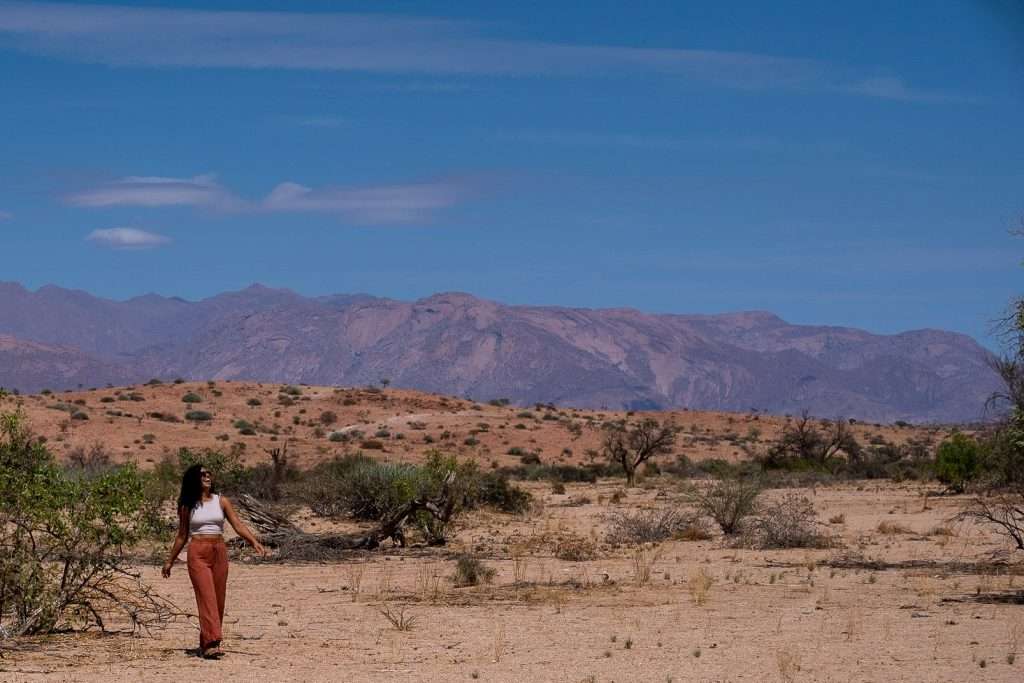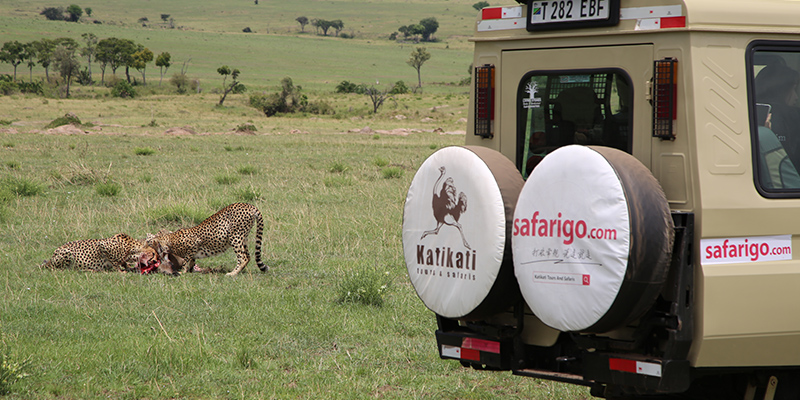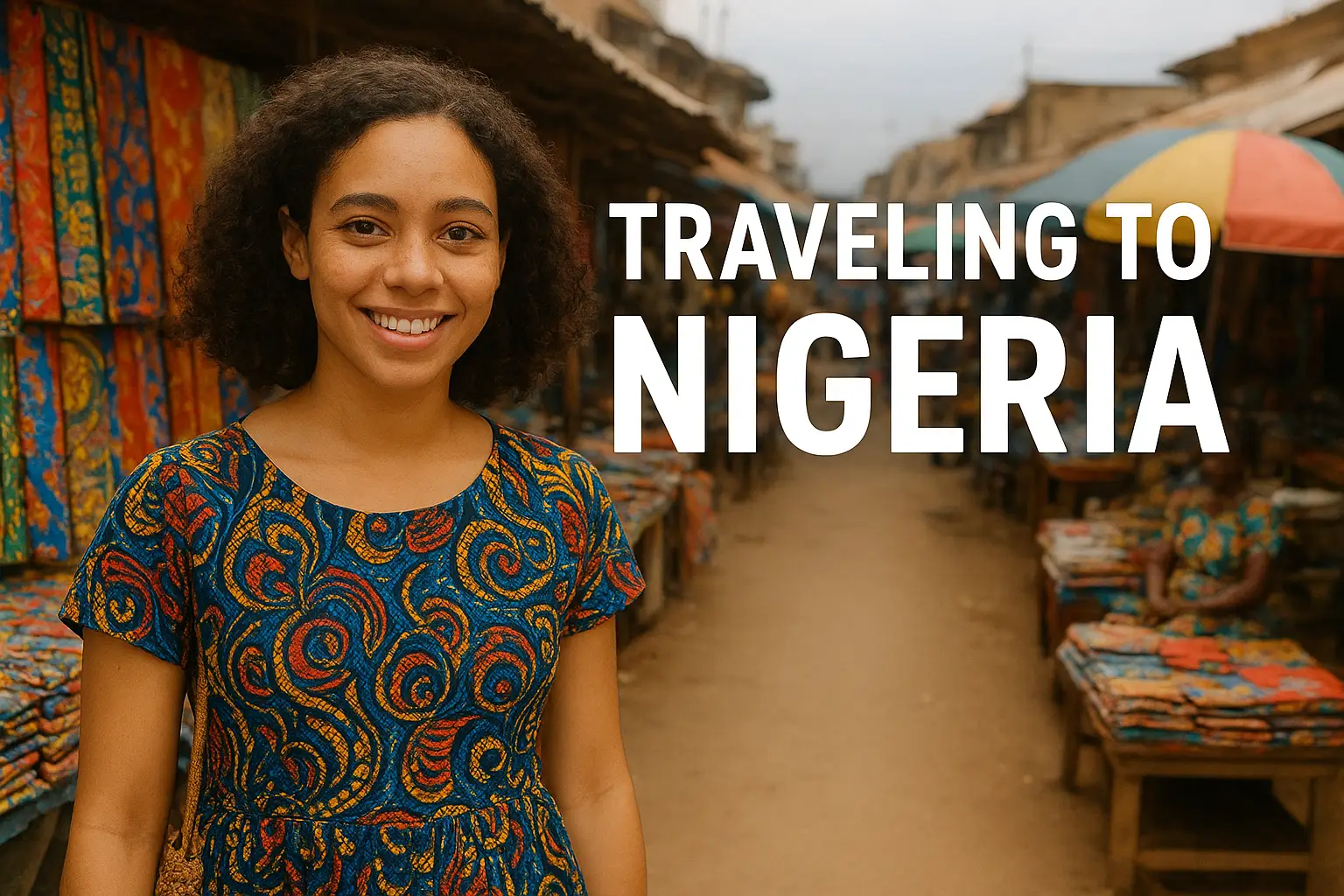
Traveling to Nigeria: A Biracial Insider’s Guide to Safety, Culture, and Hidden Gems
Why This Guide is Different
If you’ve spent any time scrolling through travel forums, you’ve probably seen the question pop up over and over again: “Is Nigeria safe to visit?”
As a biracial traveler who was born and raised here, I hear it constantly. In Nigeria, my lighter complexion means I’m often called “oyinbo” (white person) or “foreigner” — no matter how fluent I am in Pidgin or Hausa. That makes me uniquely positioned to speak to a foreign audience because I experience both worlds: the warmth and generosity of Nigerian hospitality, and the extra attention that comes with looking “different.”
The short answer to the safety question? Yes — and no.
Nigeria is a country of contrasts. You can have an evening of dancing barefoot at a beach bonfire in Lagos and the next day drive past military checkpoints in rural areas. Your experience depends on where you go, how you travel, and how much you prepare.
This guide will walk you through everything you need to know — from navigating Nigeria’s mega-cities to seeking out cultural treasures and hidden natural wonders.
Nigeria’s Urban Anchors: Where to Begin Your Journey
Nigeria is vast — over 923,000 square kilometers of bustling cities, quiet villages, tropical beaches, and savannah plains. For most travelers, your journey will begin in one of the four major cities:
1. Lagos – The Beating Heart of Nigeria
-
Nigeria’s largest city and economic hub.
-
Expect chaos, energy, and endless activity — from street hawkers selling plantain chips to luxury rooftop bars with skyline views.
-
Iconic spots: Lekki Arts and Crafts Market, Nike Art Gallery, Tarkwa Bay Beach, and Freedom Park.
Safety Tip: Lagos is safe in well-populated areas, but be street-smart. Keep your phone out of sight in crowded markets, and arrange transport in advance.
2. Abuja – The Calm Capital
-
Planned city with wide roads, modern buildings, and a more relaxed pace.
-
Government and business hub, but also dotted with nature escapes like Aso Rock and Millennium Park.
-
Ideal for travelers who prefer organized infrastructure over big-city chaos.
3. Port Harcourt – Oil City with a Cultural Twist
-
Known for its role in Nigeria’s oil industry, but also home to vibrant southern Nigerian culture.
-
Great seafood, lively nightlife, and friendly locals.
4. Kano – The Ancient North
-
One of West Africa’s oldest trading centers.
-
Explore centuries-old markets, dye pits, and the city walls.
-
Perfect for history lovers seeking a deeper dive into Hausa culture.
Where Not to Go Without a Guide
Even locals use caution in certain areas. As a visitor, your safety increases exponentially with a trusted guide or local host.
Avoid going alone to:
-
Slums & low-traffic alleyways — Not tourist-friendly and can be unpredictable.
-
Remote rural areas — Stunning landscapes, but best visited with someone who knows the terrain.
-
Conflict-prone regions in the northeast — The security situation can change quickly here.
Pro tip: Check the latest travel advisories and ask locals for updates before making plans.
Road Trips in Nigeria: Drive or Fly?
Some Nigerians think nothing of driving from Lagos to Abuja — I’ve done it myself — but for a foreign visitor who stands out, long road trips carry risks.
Safer alternatives:
-
Domestic flights – Quick and relatively affordable. Arik Air, Air Peace, and Ibom Air are popular options.
-
Ride-hailing apps – Uber and Bolt operate in major cities.
-
Private drivers – Arrange through your hotel or trusted contact.
Markets, Culture, and How to Blend In
Nigerian markets are sensory overload in the best way: sizzling suya skewers, shouts of traders, and flashes of bright Ankara fabrics everywhere.
To blend in:
-
Dress modestly — cover your shoulders and knees in conservative areas.
-
Keep valuables out of sight.
-
Learn a few local phrases — even a simple “How you dey?” (How are you?) in Pidgin gets smiles.
-
Go with a local if possible — it’s your passport to better prices and richer experiences.
Spotlight: Ankara Villa Plaza, Lagos
One of my favorite spots to take visitors is Ankara Villa Plaza in Oshodi, Lagos.

-
Why visit?
-
Huge variety of high-quality Ankara fabrics.
-
Competitive prices if you’re good at haggling.
-
A cultural immersion — every print has a story, sometimes tied to proverbs or historical events.
-
📍 Address: Boladale Street, Oshodi, Lagos
📌 Nearest Landmark: Terminal 2
📞 Contact: +234 704 808 5047
Insider Tip: Ask traders the meaning behind each print. You’ll go home with more than fabric — you’ll take stories.
Nigeria’s Hidden Gems
Most first-time visitors stick to Lagos and Abuja, but Nigeria’s beauty truly shines off the beaten path.
Nature Escapes
-
Obudu Mountain Resort (Cross River) – Cable cars, cool weather, mountain trails.
-
Ikogosi Warm Springs (Ekiti) – Warm and cold springs meet in one spot.
-
Awhum Cave & Waterfall (Enugu) – Mystical setting with spiritual significance.
Historic Sites
-
Osun-Osogbo Sacred Grove (Osun) – UNESCO site with ancient shrines and sculptures.
-
Kano City Walls – 14th-century fortifications still standing.
-
Badagry Slave Route – A poignant journey through Nigeria’s role in the transatlantic slave trade.
Beach Escapes
-
Tarkwa Bay (Lagos) – Accessible only by boat, perfect for a weekend.
-
Elegushi Beach – Lively atmosphere with music and nightlife.
Understanding Nigerian Hospitality & Perception
As a light-skinned or foreign-looking traveler, expect extra attention — sometimes friendly curiosity, sometimes pushy vendors.
Locals notice:
-
Your skin tone.
-
Your accent.
-
The way you walk and dress.
How to adapt:
-
Wear local fabrics like Ankara or Adire.
-
Avoid looking overly styled in markets or crowded areas.
-
Learn to smile and wave off persistent sellers politely.
Food: Taste Nigeria
No trip to Nigeria is complete without its food.
Must-try dishes:
-
Jollof rice – Spicy, smoky, and fiercely loved.
-
Egusi soup – Melon seed soup with pounded yams.
-
Suya – Spicy grilled beef skewers.
-
Moi Moi – Steamed bean pudding.
Street food is part of the adventure — just stick to busy stalls with a high turnover.
Countryside Escapes
If you want to unplug from city life:
-
Jos Plateau – Rolling hills and a cool climate.
-
Erin-Ijesha Waterfalls (Osun) – Tiered cascades perfect for hikes.
-
Yankari National Park (Bauchi) – Wildlife, warm springs, and eco-lodges.
-
Is Nigeria Worth Visiting?
Absolutely — if you come with the right mindset.
Nigeria is not a polished tourist destination. It’s raw, vibrant, and full of surprises. You’ll find energy in its cities, peace in its hills, and warmth in its people.
Approach with openness, prepare well, and you’ll leave with a suitcase full of memories — and maybe a few yards of Ankara.




